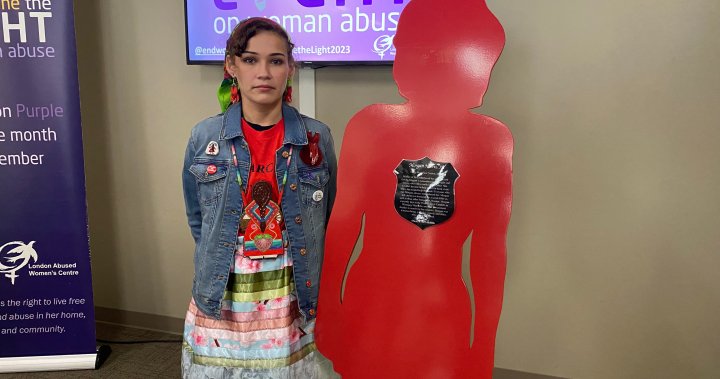Frustration is building in Winnipeg ahead of Red Dress Day, a time to raise awareness about Missing and Murdered Indigenous Women and Girls (MMIWG). The daughter of Morgan Harris, Cambria Harris, expressed frustration that Indigenous women’s remains are left in landfills while non-Indigenous people are searched for without hesitation. A search began in a Saskatoon landfill for the remains of Mackenzie Lee Trottier, who has been missing for over three years. Calls to search the Prairie Green Landfill in Winnipeg for the remains of three Indigenous women, including Harris’ mother, have been ongoing since spring of 2022. Winnipeg’s chief of police previously refused a search, citing the time that had passed since the remains were taken there.
Grand Chief Cathy Merrick of the Assembly of Manitoba Chiefs criticized the decision to not search the landfill, stating that it cost critical timing. Harris echoed these sentiments, feeling disheartened and frustrated by the lack of effort to find Indigenous women’s remains and the message it sends to both serial killers and Indigenous women. Merrick emphasized the importance of finding all missing women for closure for families. Harris spoke at a Red Dress Day event at the University of Manitoba to raise awareness of the MMIWG crisis, stressing the ongoing nature of this issue and the need for systemic change to address it.
Adele Perry, the director of the University of Manitoba’s Centre of Human Rights, pointed out that a combination of systemic issues such as colonialism, racism, patriarchy, and sexism contribute to public apathy towards cases of missing and murdered Indigenous women and girls. Despite promises made by Premier Wab Kinew to search the landfill, there have been no updates on timelines. The provincial and federal governments have committed $40 million to find the remains of the slain women, while alleged serial killer Jeremy Skibicki awaits a court ruling for the deaths of several Indigenous women.
Harris emphasized that the fight to search the landfill has inspired grassroots advocates across Turtle Island to speak out about their own stories, creating waves and ripples of awareness and activism. The need to find the missing Indigenous women and girls is crucial not only for closure for families but also to address the systemic issues that contribute to their disappearances. The ongoing crisis of MMIWG highlights the need for society to address the circumstances that make Indigenous women, girls, and two-spirited people disproportionately vulnerable to harm. The fight for justice and search efforts for these missing individuals continue to draw attention to the urgency of addressing these issues and honoring the lives lost.
Overall, the frustration and disheartenment felt by families and advocates of missing and murdered Indigenous women and girls in Winnipeg reflect the ongoing challenges faced in bringing justice and closure to these cases. The lack of search efforts, delays in promises made by officials, and systemic issues that contribute to the crisis highlight the need for continued advocacy and awareness-raising to address the root causes of violence against Indigenous women and girls. As the fight for justice continues, grassroots advocates across Turtle Island are speaking out and creating waves of change to ensure that all missing individuals are found and that their stories are heard and honored.


